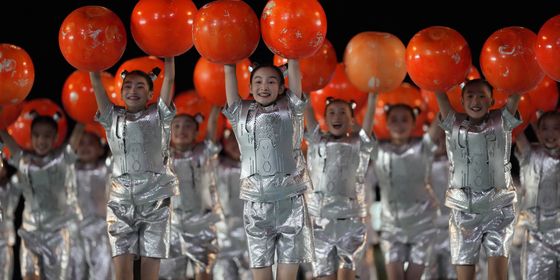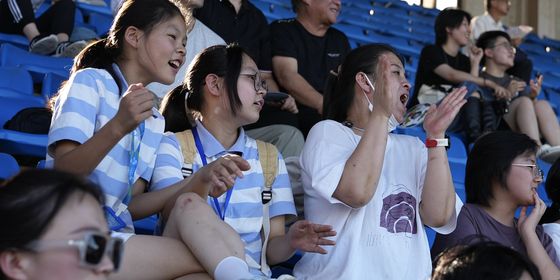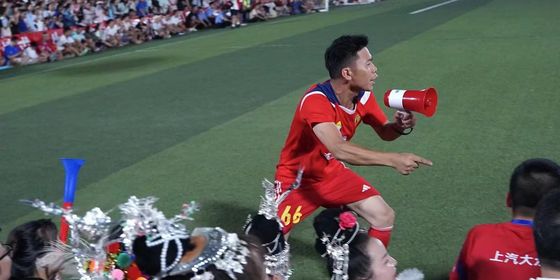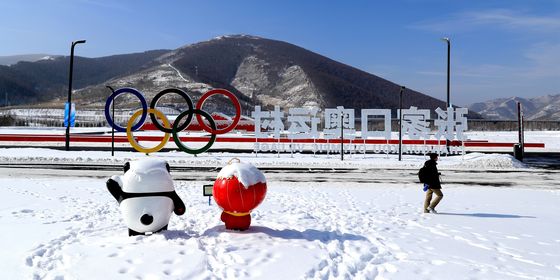Naturalized athletes are becoming increasingly common in China’s sports programs, but will they help develop domestic talent?
“Gu Ailing is standing on the top of the podium, using her actions to show the whole world: Self-confident Chinese are the most beautiful of all!” shouted the exhilarated commentator for Tencent Sport as Gu Ailing, the San Francisco-born freestyle skier competing for China, stepped atop the podium to receive her gold medal in the Big Air event at the Beijing Winter Olympic Games in February.
Gu, also known as Eileen Gu, would go on to win a silver and another gold at the Games. As she gave interviews in fluent Putonghua and ate steamed buns on camera, she became the undisputed star of China’s Olympic team. But beneath the euphoria, there was a constant stream of controversy about Gu’s citizenship status on both sides of the Pacific, as the 18-year-old’s decision to compete for China (the country where her mother was born) placed new scrutiny on the country’s naturalization policies for sporting talents.
“I found that she probably has dual nationality, so my opinion of her tanked,” Wang Xinjun, a 22-year-old student from Henan province in central China, tells TWOC. While Gu’s true citizenship status is unclear, Chinese law stipulates that people who become Chinese citizens must renounce any other citizenship. “We can’t have double standards before the law,” Wang believes.
In sports communities, the term “naturalized athlete” refers to those who compete for a country other than the one they were born in. Different sporting federations and national governments have different rules on athletes switching nationalities, while country-specific citizenship laws may also apply. The International Olympic Committee states that competitors “must be a national of the country” for which they wish to compete (but makes no reference to citizenship). FIFA, the international governing body for soccer, considers a player eligible to represent a nation if they were born in its territory, have at least one biological parent or grandparent born in the territory, or have lived in the territory for at least five years.
Athletes who’ve already represented one country in international competitions can switch to another, but must typically wait for a period before they can compete internationally, depending on the rules of the federation governing their sport—for the Olympics, the waiting period is three years.
Naturalizing athletes has a long history globally—even the ancient Greeks reportedly swapped between city-states when they competed in the original Olympics. The practice has accelerated in recent decades, in part because of liberalizing citizenship rules worldwide.
But naturalized athletes have only emerged in China in the last few years. In 2019, as part of its strategy to improve the national men’s team, the Chinese Football Association published rules for the naturalization of players in China’s professional soccer leagues, setting off a wave that has seen at least 11 foreign players become Chinese citizens since, and six called up to represent China’s national team.
Imported Talent: Do Naturalized Athletes Help or Hinder China’s Sports Programs? is a story from our issue, “State of The Art.” To read the entire issue, become a subscriber and receive the full magazine.













